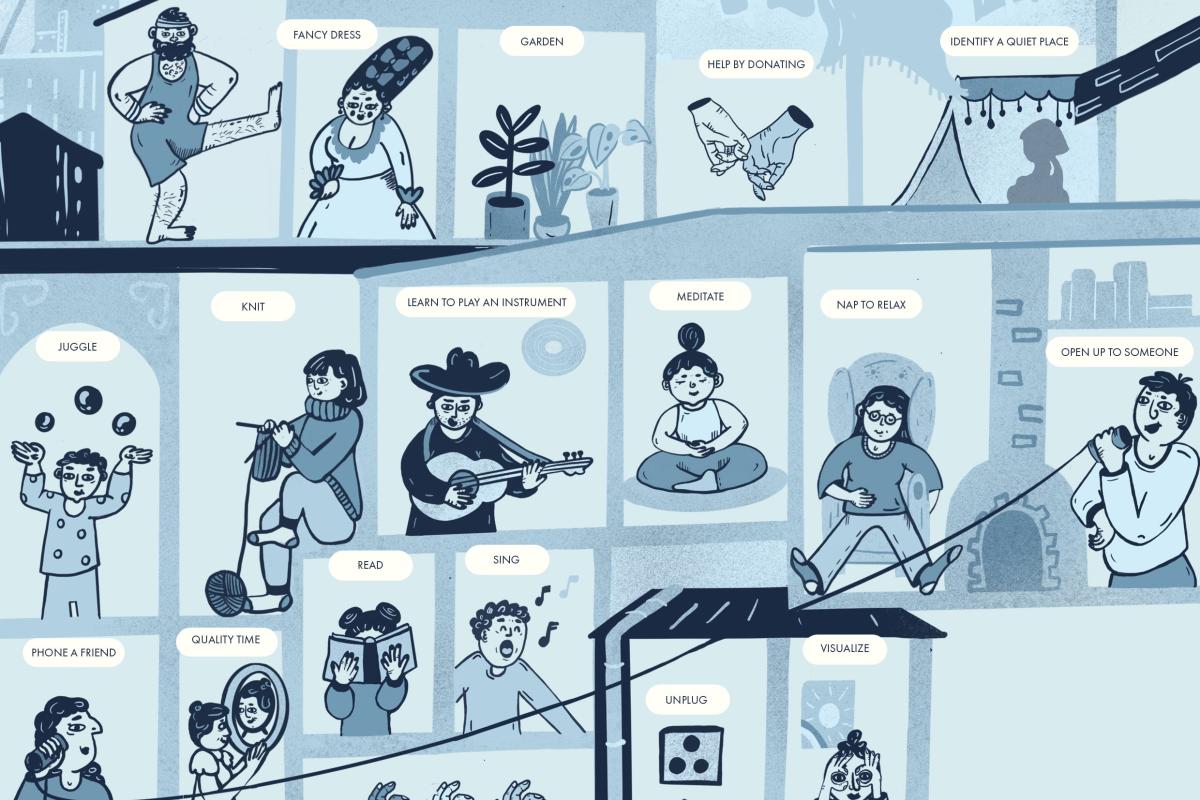In the past few months, we’ve all been under unprecedented pressure, self-isolating and working remotely during a pandemic. Most of us have worked at least one day while suffering from stress or anxiety. Mental health is essential to a person’s well-being, healthy family and interpersonal relationships, and the ability to live a full and productive work and personal life.
Supporting your team’s mental health in a way that makes a tangible impact is a messy and complex challenge. In many small companies, this can mean settling for paying lip service over actually changing behaviour - which will fall flat eventually, and especially when many of us are working remotely.
In our own company, many people have felt the negative impact of constantly changing COVID-19 restrictions and the removal of in-person interactions with our colleagues and teams. Ours, like so many teams are working remotely now and have been for a large portion of the year - with no real end in sight. Without an office to meet in and provide structure, those signed mental health pledges that hang proudly on office entrance walls have become far more meaningful than ever before.
In our own office, the pledge was there, hanging on the wall, saying all the right things – but it wasn’t having an effect on how we acted in reality. In the same way, we’d allowed there to become a disconnect between the promises we made on mental health and what was really happening.
With 2020 being the challenge it is, we had to revamp our approach to taking care of our teams’ mental health. After seeing the outcomes of our team’s mental health survey, we knew it was a priority. One of the biggest takeaways was that half of our team were taking sick days when they felt mentally unwell.
Using sick leave to take time off for mental health reasons is entirely understandable – all of us occasionally have those days when we just need to take a breather.
But it can also be a damaging habit for a couple of reasons:
- First, it means we carry on failing to discuss mental health, reinforcing the stigma that surrounds it.
- Secondly, it allows minor problems to go unnoticed until they become really serious challenges.
If we were going to begin dismantling the stigma that surrounds our mental health, we needed to encourage our team to label mental health days for what they really are.
That process began with introducing Personal Days – a special type of time off that allows our team to signal what is really happening in their lives rather than hide behind a ‘Sick Day’ catch-all.
Eight months later and we set out to measure our employee happiness again, gauging the real response to our new mental health policy. Now, only 13% of our team book sick days when they feel mentally unwell.
Even more encouragingly, 100% of our team agreed that seeing other team members book Personal Days helped them feel more comfortable with their own mental challenges. 87% said that having the option of tracking a Personal Day has helped them take better care of their own mental health.
Personal Days are useful for people who need some space, once in a while, to feel less overwhelmed. But for team members who experience long-term mental health issues, they’re only an initial signposting of the problem.
The policy we ended up building is very much a work in progress, but I’d like to think that we’re taking steps in the right direction.



